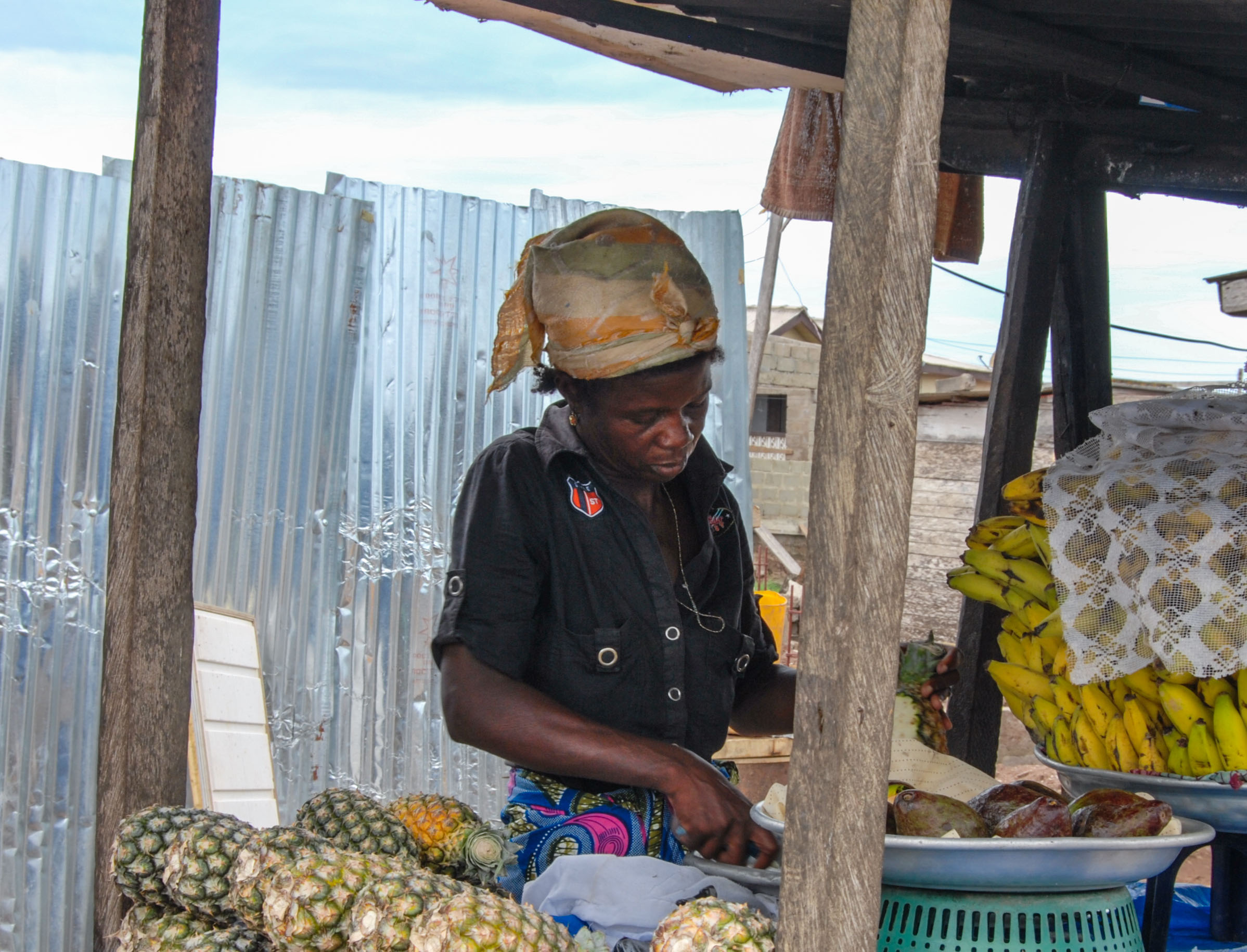Incentives to Save in Ghana

Abstract
Researchers are evaluating whether incentives to save are effective at increasing savings levels and whether these higher savings levels persist after the incentives are removed.
Policy Issue
Savings are an essential tool to help manage irregular income streams, cope with emergencies, and make productive investments. Research shows many of the world’s poor express a desire to save and have the funds to do so, but still struggle to build their savings.12 In some cases, this discrepancy may be due to a lack of access to safe and secure ways to save. However, evidence suggests that many find it difficult to put their savings plans into action even where formal savings options are readily available.3 One way to help individuals meet their savings goals may be to encourage them to develop a habit of saving. If individuals become accustomed to making regular contributions to their savings, they may be more likely to meet their long-term savings goals. Researchers are evaluating whether direct monetary incentives can increase savings rates and instill a habit of saving among small-scale vendors in Ghana.
Context of the Evaluation
The Aboabo market is located in Tamale, the third largest city in Ghana. The market is composed of more than 2,000 vendors, the majority of whom trade staple goods, such as maize, rice, and vegetables. The Aboabo vendors have access to a wide variety of formal savings products offered by a number of banks, microfinance institutions, and mobile money agents located near the market. Despite the variety of options for people to save, many of the market vendors in Aboabo do not utilize these services. A preliminary survey of mobile money usage conducted for the study indicated that only 57 percent of vendors had heard of the service and only 9 percent had used it, even though 94 percent of vendors owned a mobile phone compatible with the service.
Details of the Intervention
Researchers are working with Millicom Ghana Ltd., operators of the Tigo Cash mobile money platform, to evaluate whether providing cash incentives through a mobile money platform can help market vendors develop a lasting habit of savings.
Prior to the start of the study, Millicom Ghana will hold an intensive marketing and enrollment drive for Tigo Cash among the vendors in Aboabo. Six hundred of the vendors who register with Tigo Cash will be selected to participate in the evaluation. Half will be randomly assigned to receive a cash incentive that will be deposited directly into their mobile money accounts for every week in which they increase their savings balance over the previous week, over the course of three months. Of this group of three hundred vendors, half will receive a small weekly incentive of GHS 0.5 (Ghanaian Cedis) for every GHS 1 they save, up to a maximum of GHS 2 (approximately US$1). The other half will receive a larger weekly incentive of GHS 1 for every additional GHS 1 they save, up to a maximum of GHS 4 (approximately US$2). The remaining 300 vendors will serve as the comparison group, and will not receive weekly incentives. However, they will receive an unannounced cash transfer when the three-month incentive phase ends to help ensure that any difference between the incentive group and the comparison group is a result of habit formation and not the additional income provided by the incentive payments.
In addition to varying the incentive amount, the timing of payments will be randomly varied across participants who receive the weekly incentives. Varying the timing of payments will help determine the number and continuity of payments needed to establish a habit of saving. The group receiving incentives to save will be randomly assigned to one of three sub-groups:
- Continuous weekly incentives starting once the baseline survey is complete for a total of 12 weeks of incentive payments.
- Continuous weekly incentives starting four weeks after the baseline survey is complete for a total of 8 weeks of incentive payments.
- Weekly incentives starting four weeks after the baseline survey is complete, where the incentive payment will not occur on four randomly selected weeks for a total of 8 weeks of incentive payments.
The researchers will collect information on self-reported savings, consumption, and habit formation from both participants who received the incentives and the comparison group through a series of three household surveys. The first survey will be conducted immediately before the incentive payments begin; the second three months later, immediately after the incentive payments end; and the final survey another three months after that (six months after the first survey). This information will help determine if the incentives prompted people to increase their savings or develop a habit of saving compared to those who did not receive incentive payments. This data will be supplemented by administrative data from Tigo Cash and weekly self-reported habit formation questionnaires completed by a randomly assigned sub-set of all participants.
Results and Policy Lessons
Project ongoing, results forthcoming.
Sources
1 Collins, D., Morduch, J., Ruthrford, S., & Ruthven, O. (2009) Portfolios of the Poor: How the World’s Poor Live on $2 a Day. Princeton, NJ: Princeton University Press.
2 Duflo, E., Kremer, M., Robinson, J. (2010). Nudging Farmers to Use Fertilizer: Theory and Experimental Evidence from Kenya. American Economic Review 101 (6): 2350-2390
3 Baumeister, R.F., Heatherton, T.F., & Tice, D.M. (1994). Losing Control: How and Why People Fail at Self-Regulation. San Diego, CA: Academic Press.












